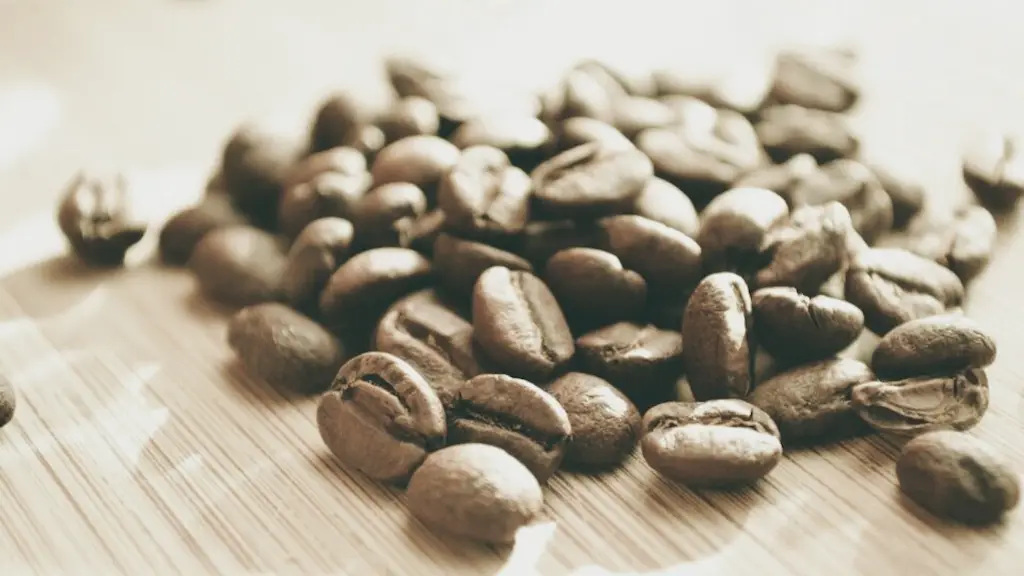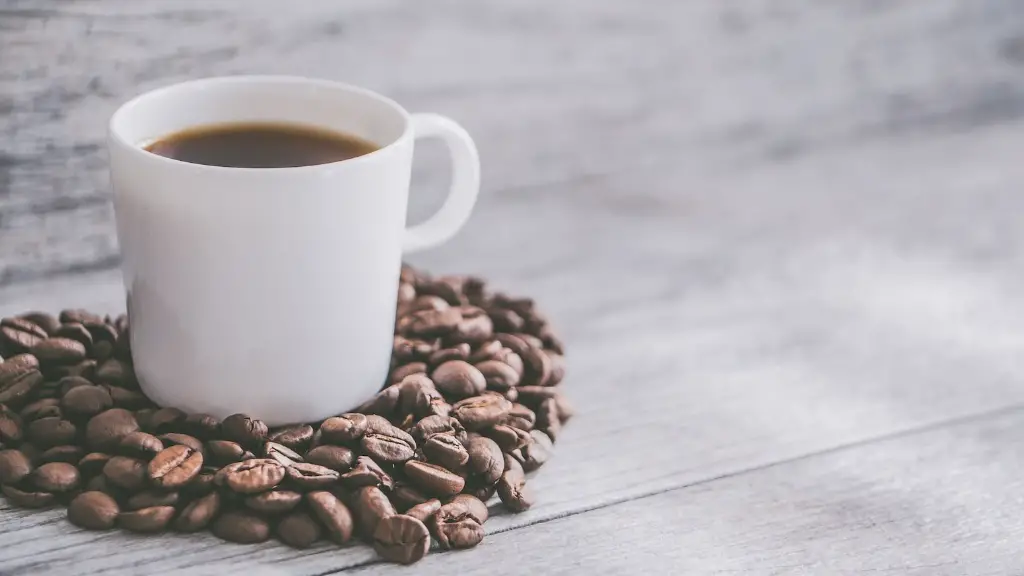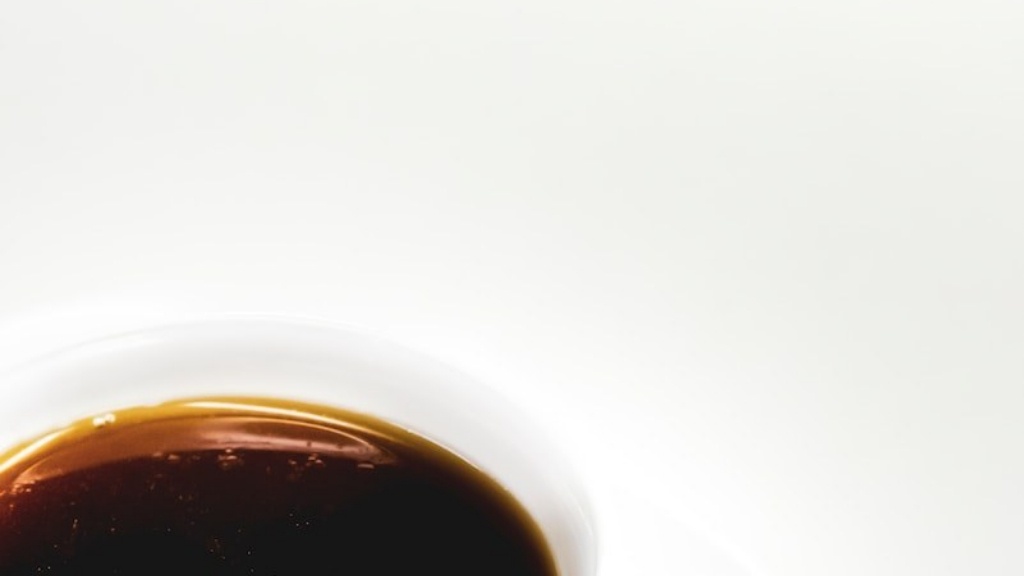Coffee and caffeine are some of the most popular beverages around, but can you drink it before a blood draw? While some people believe that there may be an impact on the accuracy of the results of a blood test, there is very little research to support this claim. In this article, we will explore the potential effects of drinking caffeinated beverages, such as coffee, on a blood draw, as well as any potential risks associated with this practice.
Effects of caffeine on a blood test
Caffeine is a substance found in some foods and beverages that can have stimulating effects on the human body. While it is generally considered safe in moderation, it is important to be aware of caffeine’s effects on the body, in case a person has any preexisting medical conditions that could be affected.
Caffeine is known to affect the metabolism and digestion of nutrients, which in turn can affect the accuracy of a blood test. Studies have demonstrated that when caffeine is consumed prior to a blood test, it can interfere with blood sugar and cholesterol levels in individuals with diabetes and other conditions. This can lead to skewed or inaccurate test results.
Furthermore, caffeine is known to cause dilation of blood vessels in the body. This means that more blood is pumped through the body, which can affect the results of a blood test. In addition, caffeine can act as a diuretic, meaning that it can lead to dehydration and water retention that can alter results.
Are there any risks associated with drinking coffee before a blood test?
While drinking coffee before a blood test may affect the accuracy of the results, there is no evidence to suggest that it is dangerous or presents any serious health risks. However, it is important to note that caffeine consumption can cause dehydration and should therefore be monitored.
Dehydration can be a serious medical issue and can cause a wide range of dangerous symptoms, such as confusion, fatigue, dizziness, and headaches. As such, it is important to ensure that you are adequately hydrated before and after drinking caffeinated beverages.
In addition, individuals who are taking any medications should speak to their doctor before drinking coffee prior to a blood draw, as certain medications may interact with caffeine.
What are the alternatives?
If you are concerned about the effects of drinking coffee prior to a blood test, there are several alternatives you can consider. First, you can opt to drink caffeine-free beverages. There are many decaffeinated and caffeine-free options available, such as herbal teas, sparkling water, or fruit juices.
Additionally, you can try to limit your caffeine consumption in the days leading up to a blood draw. This will help minimize the potential effects of caffeine on the accuracy of your test results.
Finally, you can try to stay away from any caffeinated beverages in the hours leading up to your blood draw. This will reduce the likelihood of any interaction between the caffeine and your blood test.
How to prepare for a blood test
To ensure the accuracy of a blood test, it is important to follow a few simple guidelines. First, be sure to follow any instructions given by your doctor regarding preparations for the test. This may include fasting 8 to 12 hours prior to the test, or abstaining from certain medications.
You should also avoid eating any foods that could potentially affect your test results. This includes foods that are high in sugar or fat, as well as processed or high sodium foods. Additionally, it is important to stay hydrated in the days leading up to your blood draw to reduce the risk of dehydration.
Finally, take any supplements and medications regularly, as instructed by your doctor. This will ensure that your test results are accurate and that any medications or supplements you are taking are working effectively.
What happens if you drink coffee before a blood draw?
If you do choose to drink coffee prior to a blood draw, it is important to monitor your intake and drink responsibly. Excessive caffeine consumption can have negative effects on your test results, as well as your overall health.
It is also important to be aware of the potential effects of other substances, such as alcohol and nicotine, as they can also affect your test results. Be sure to speak to your doctor if you are unsure about any substances and their potential effects on your test results.
Conclusion and summary
In conclusion, drinking coffee before a blood test may affect the accuracy of the results, but there is no evidence to suggest that it is dangerous. There are several alternatives to drinking coffee, such as decaffeinated and caffeine-free drinks, as well as ways to reduce potential impacts on test results, such as drinking responsibly and following instructions from your doctor.
Can diet and exercise affect blood test results?
Diet and exercise can have a significant impact on blood test results. Eating a healthy diet with a balanced combination of foods can help ensure accurate blood test results, as certain vitamins and minerals are important for normal functioning of the body.
In addition to diet, regular physical activity can have beneficial effects on certain blood test results. Exercise can help reduce blood sugar levels and cholesterol levels, as well as the risk of high blood pressure.
Furthermore, regular exercise can help increase your overall health and reduce the risk of certain diseases, such as heart disease and diabetes. Exercise is also important for maintaining a healthy weight, which can help reduce the risk of a wide range of medical conditions.
What impact does stress have on blood tests?
Stress can have a significant impact on blood tests. When a person is stressed, the body produces a hormone called cortisol which can affect the accuracy of results. Studies have shown that elevated levels of cortisol can lead to higher than normal results in a variety of tests, such as cholesterol and blood sugar tests.
In addition, stress can lead to other physical symptoms, such as headaches, muscle tension, and fatigue. This can also affect the accuracy of blood test results. It is therefore important to manage stress levels prior to a blood draw by engaging in relaxation techniques, such as deep breathing, yoga, and meditation.
Can I drink alcohol before a blood test?
It is generally not recommended to drink alcohol before a blood test, as it can affect the accuracy of the results. Alcohol can alter the levels of certain substances, such as glucose and cholesterol, leading to inaccurate results. It can also lead to dehydration which can affect test results as well.
Furthermore, alcohol can affect the functioning of the body and can interfere with the absorption of medications and other substances. As such, it is important to speak to your doctor about any potential adverse effects of drinking alcohol prior to a blood draw.
What are the risks of drinking coffee before a blood test?
While there is no evidence to suggest that drinking coffee before a blood test is dangerous, there are some potential risks associated with this practice.
Most importantly, caffeine can affect the accuracy of certain blood tests, as it can lead to elevated levels of certain substances. Additionally, caffeine can cause dehydration which can also affect test results. Finally, caffeine can interact with certain medications, so it is important to speak to your doctor before drinking coffee prior to a blood draw.





